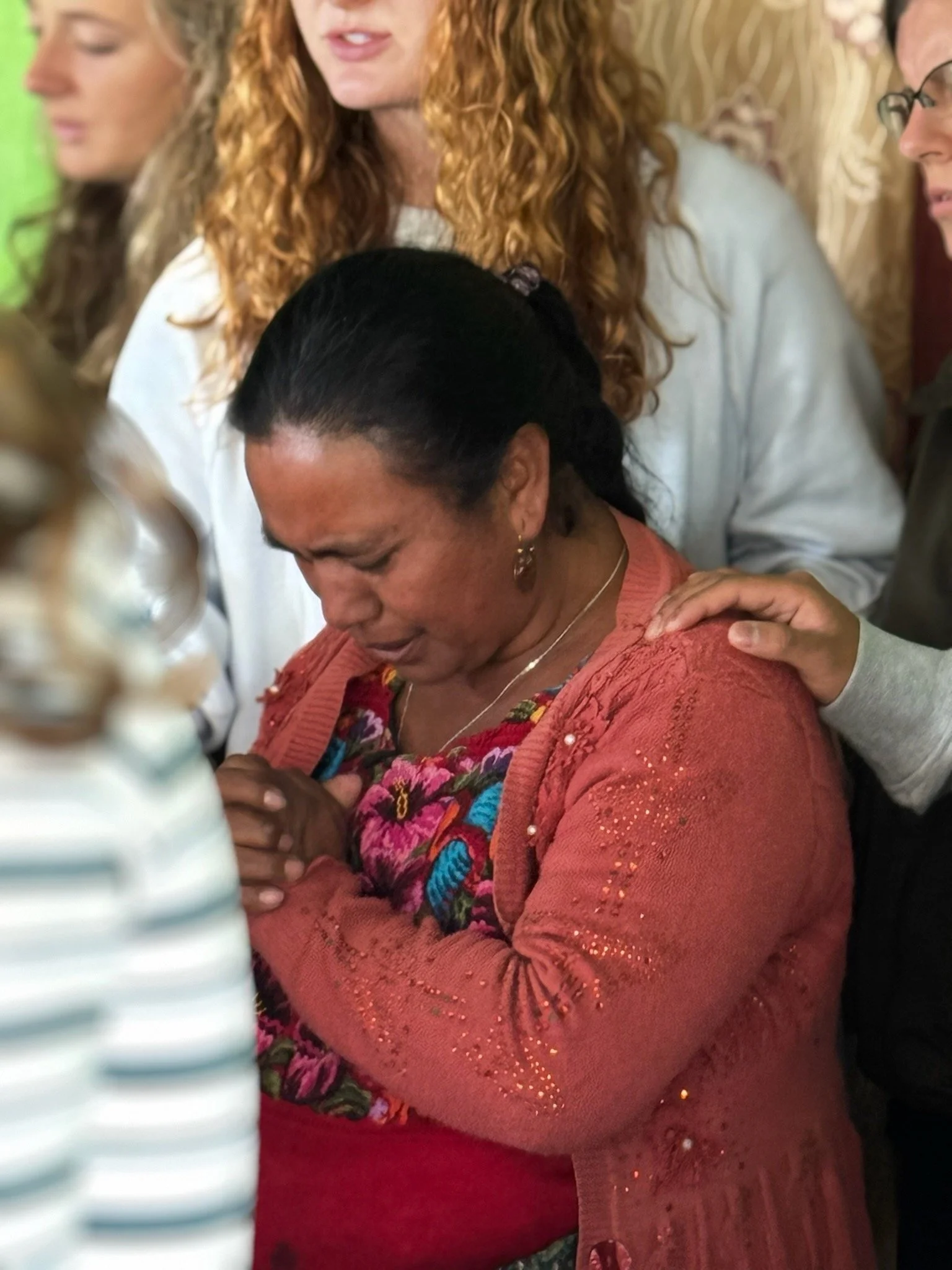
Alabaster Foundation is a family-operated, grant-issuing nonprofit organization.
Our ministry partner grants are made possible by your generous donations.
To connect generous donors with the story, passion & calling of Kingdom Builders around the world.
OUR MISSION
We Value
-

Storytelling
God is moving throughout our neighborhoods and nations - we amplify the story of what He is doing in the Kingdom.
-

Integrity
We consistently strive for the highest grades available for accountability and transparency.
-

Abundance
Whatever the circumstance, we believe for superadded abundance.
How To Partner
With Us
One: Donate
There are two ways you can partner with the Alabaster Foundation.
Donate to a special project.
Each project is carefully and prayerfully reviewed by our board of directors. Our projects support people and organizations working full-time on the mission field to expand the Kingdom of God. We work hard to make donors feel personally connected to the projects they donate to.
At Alabaster Foundation we:
Ensure donations given to specific ministry projects are sent in directly to the ministry.
Make the financial reporting of each project public.
Report on the outcome of each project with a project-specific impact report.
Support our day-to-day operations.
In order to honor our commitment to ensure donations given to specific ministry projects are sent directly to the ministry, we raise funds separately for our day-to-day operations. Support our day-to-day operations as a recurring monthly donor or make a one-time gift.
Donations for our day-to-day operations not only help us to keep the lights on but also make it possible to support ongoing projects our ministry has committed to supporting.
Two: Receive a summary report upon project completion
Three: Share project results with your family and friends
OUR NAMESAKE





